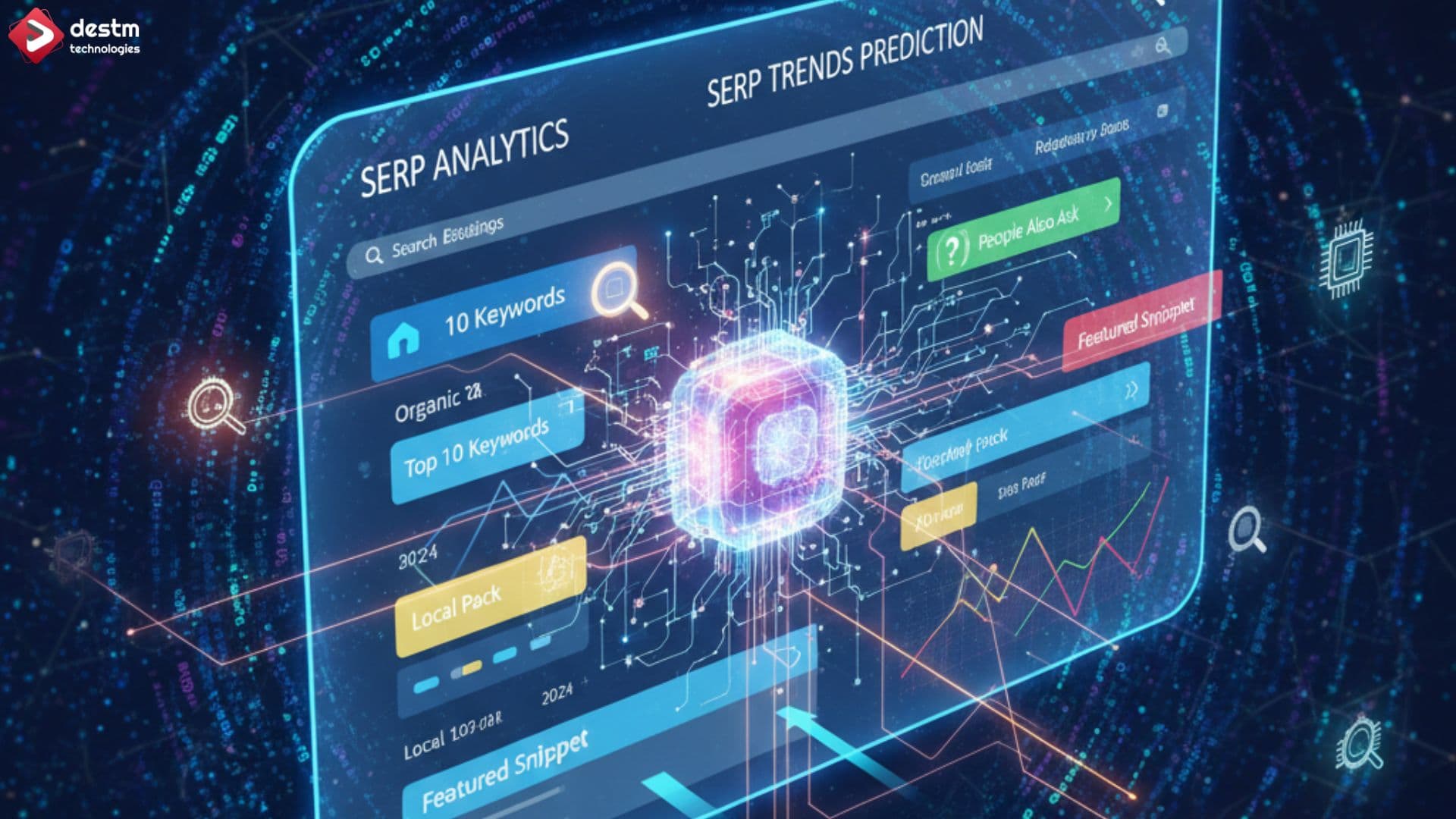



The search engine results page (SERP) is no longer a static environment. With the rapid integration of artificial intelligence into search algorithms, understanding and anticipating shifts in user behavior has become a critical challenge for digital marketers. Traditional SEO, which relies on reactive analysis of historical data, is becoming obsolete. A modern, proactive strategy requires a new approach powered by AI analytics, which transforms SEO from a tactical function into a predictive discipline.
Conventional SERP analysis is based on a foundation of historical data, including keyword search volume, backlink profiles, and past fluctuations in ranking. While useful, this approach is fundamentally inadequate for the future of search.
AI analytics leverages machine learning and natural language processing to process and interpret massive datasets, providing an unparalleled ability to predict emerging SERP trends.
Built with CuberiQ
1. Predictive Content Strategy
AI enables a proactive content approach by identifying emerging opportunities before they become mainstream.
AI provides a sophisticated understanding of a competitor's strategy and performance, offering a strategic advantage.
AI provides actionable insights for optimizing on-page and technical SEO, translating complex data into clear, executable tasks.
The future of SEO lies in the integration of human expertise with AI-powered insights. This synergy allows for the development of a resilient, forward-thinking strategy that can adapt to the unpredictable nature of search. By leveraging AI analytics, organizations can move beyond reactive tactics and build a sustainable framework that prioritizes predictive analysis and data-informed decision-making.
Ready To Transform Your E-commerce Business?
Let's discuss your project and explore how we can help you achieve your goals.